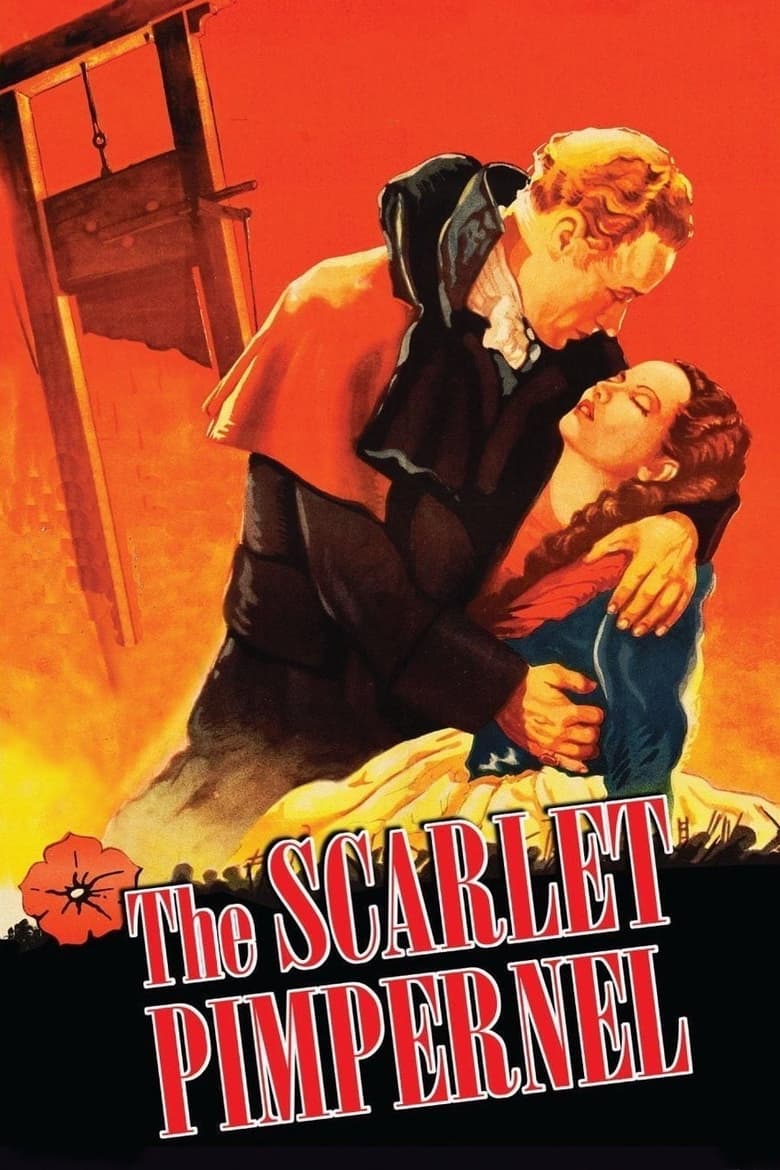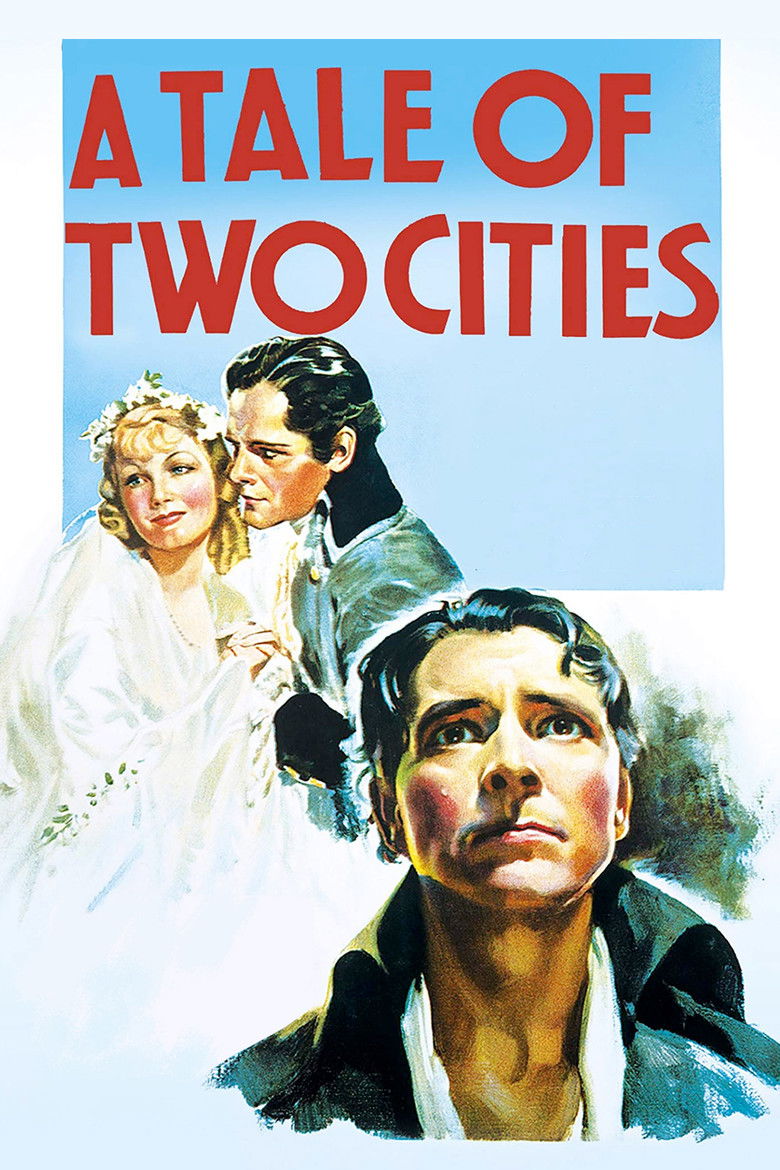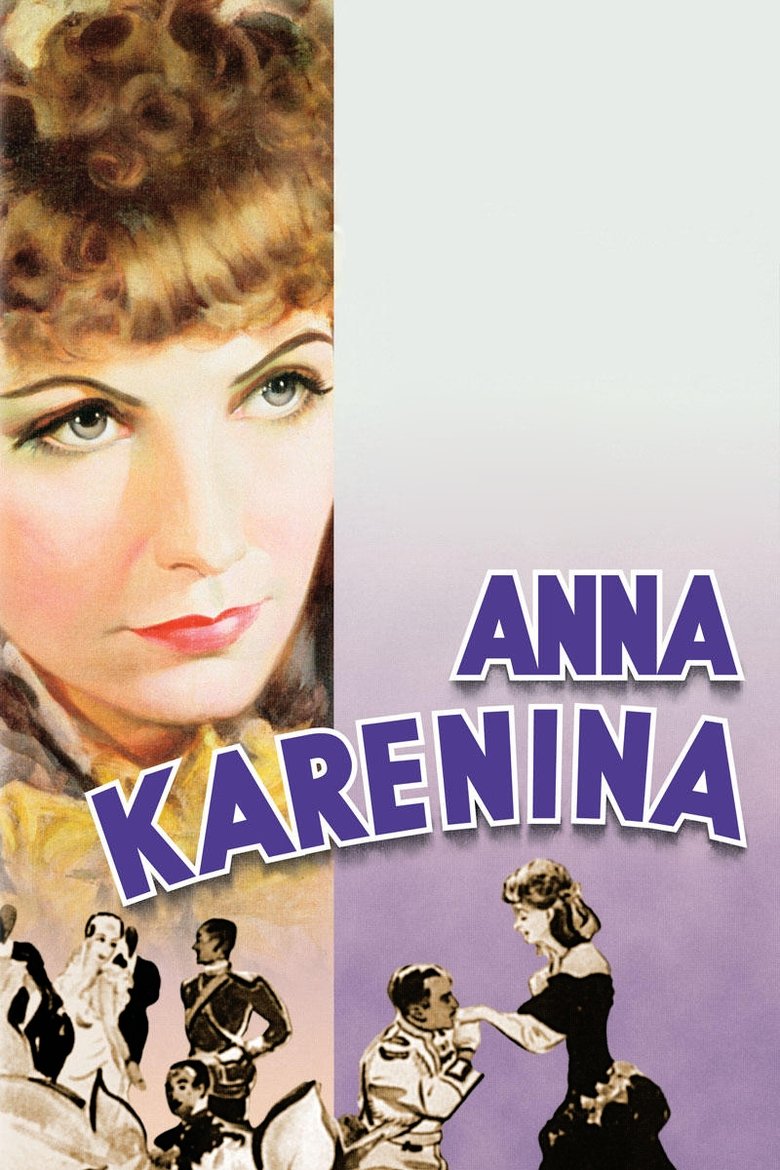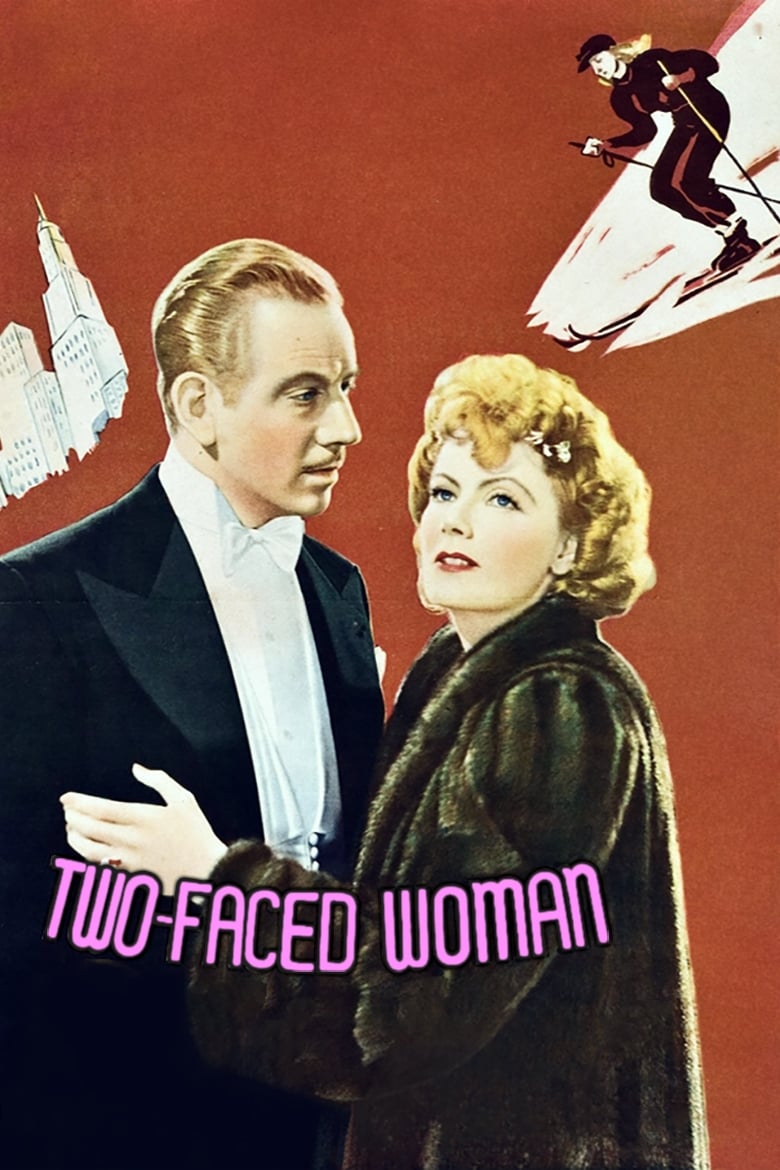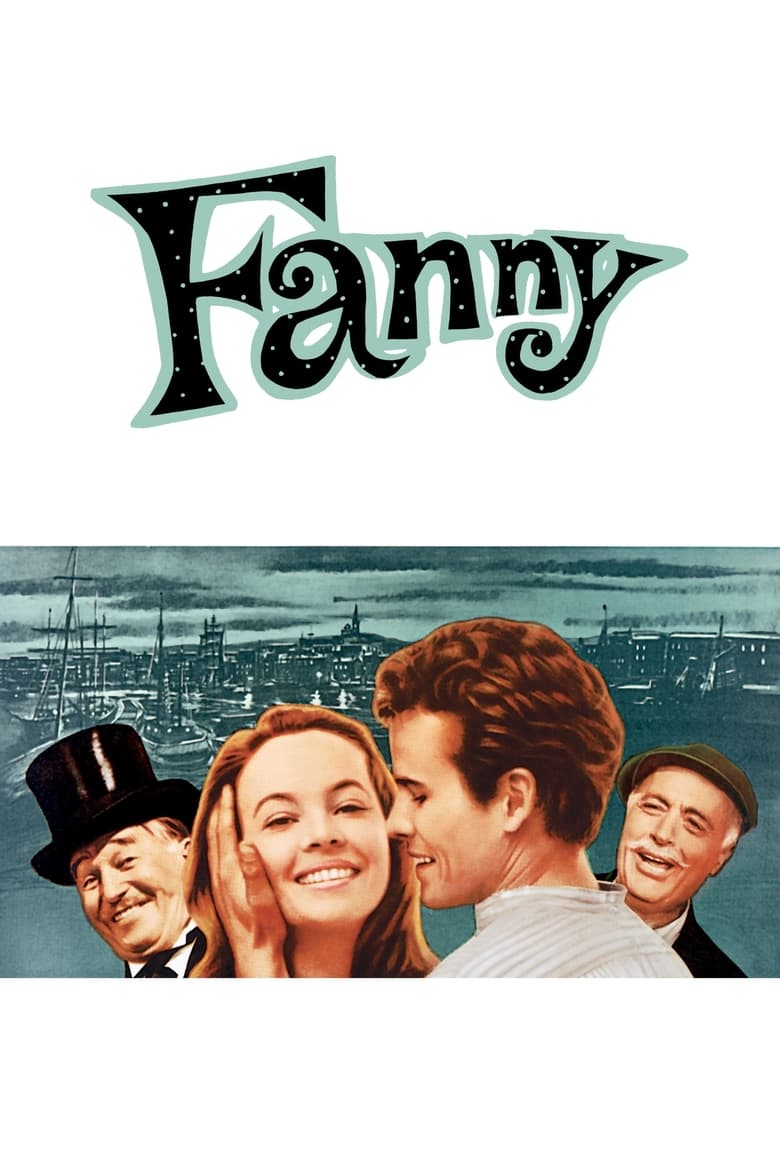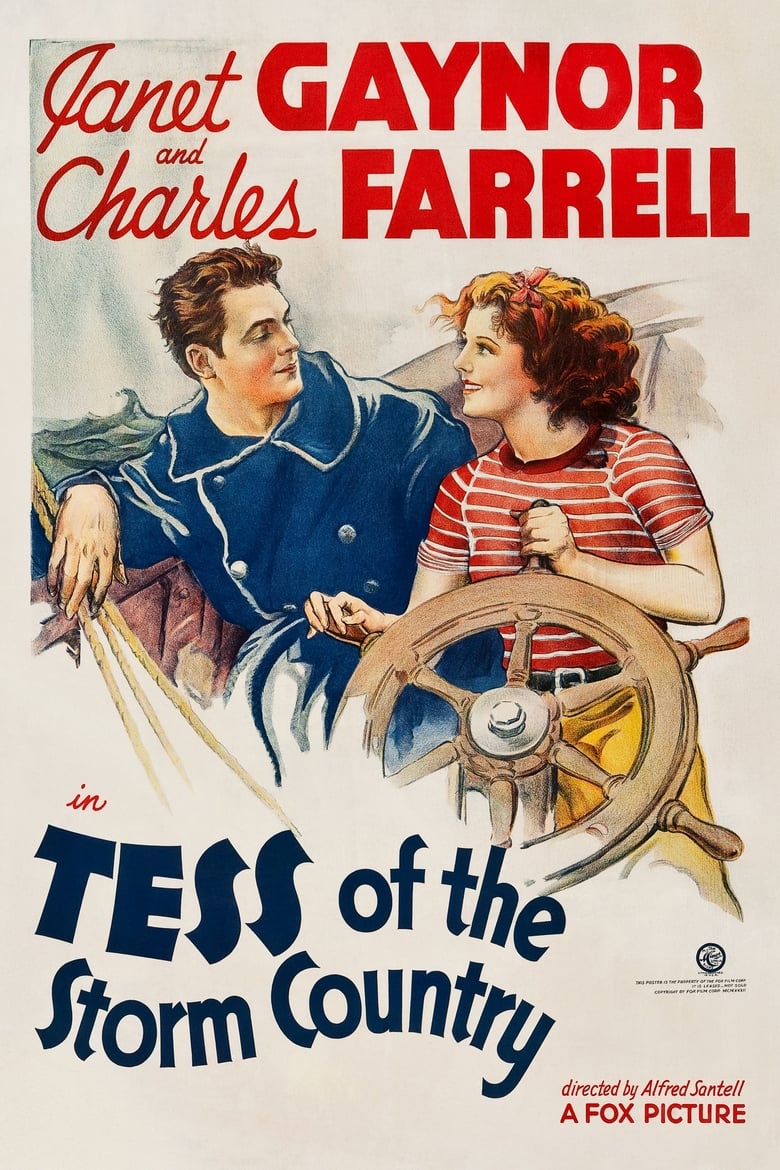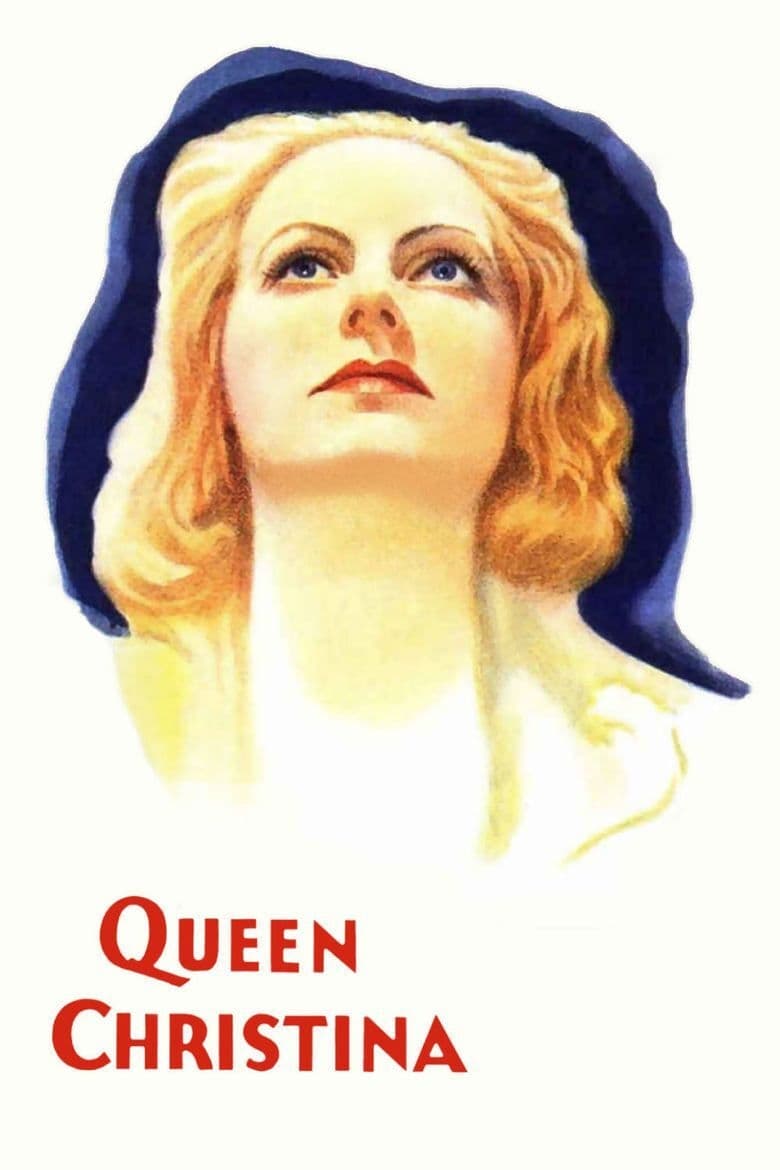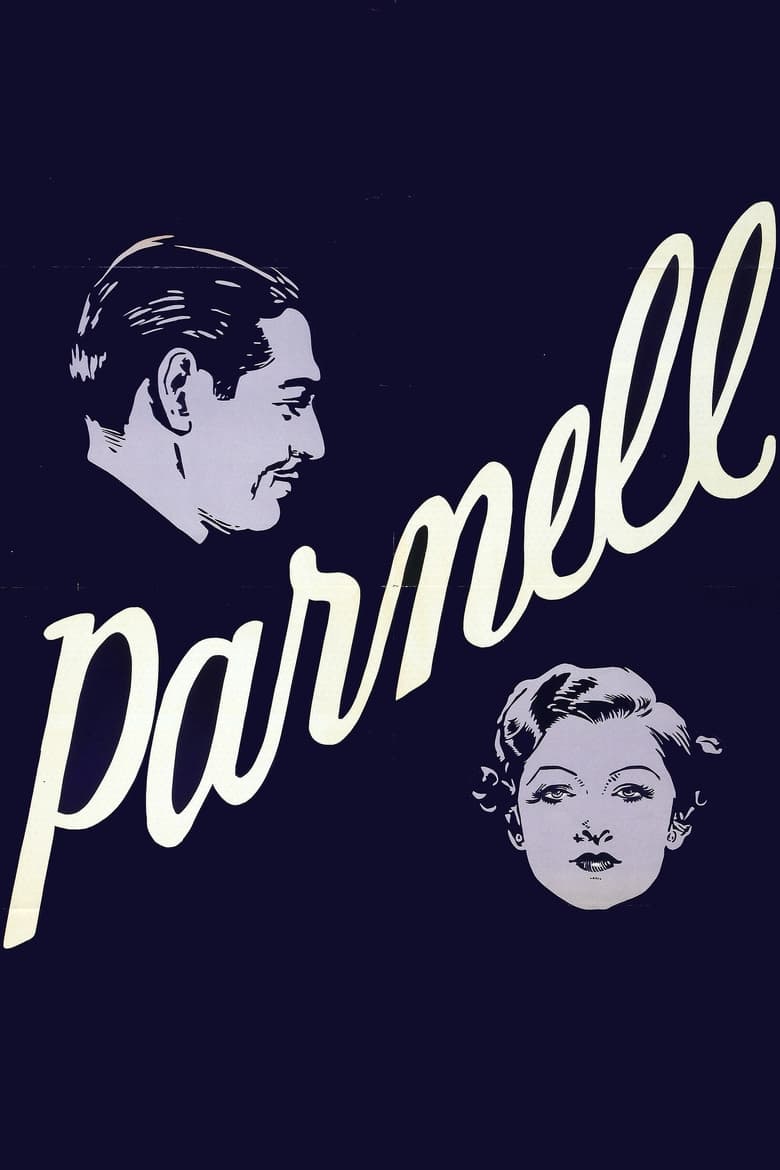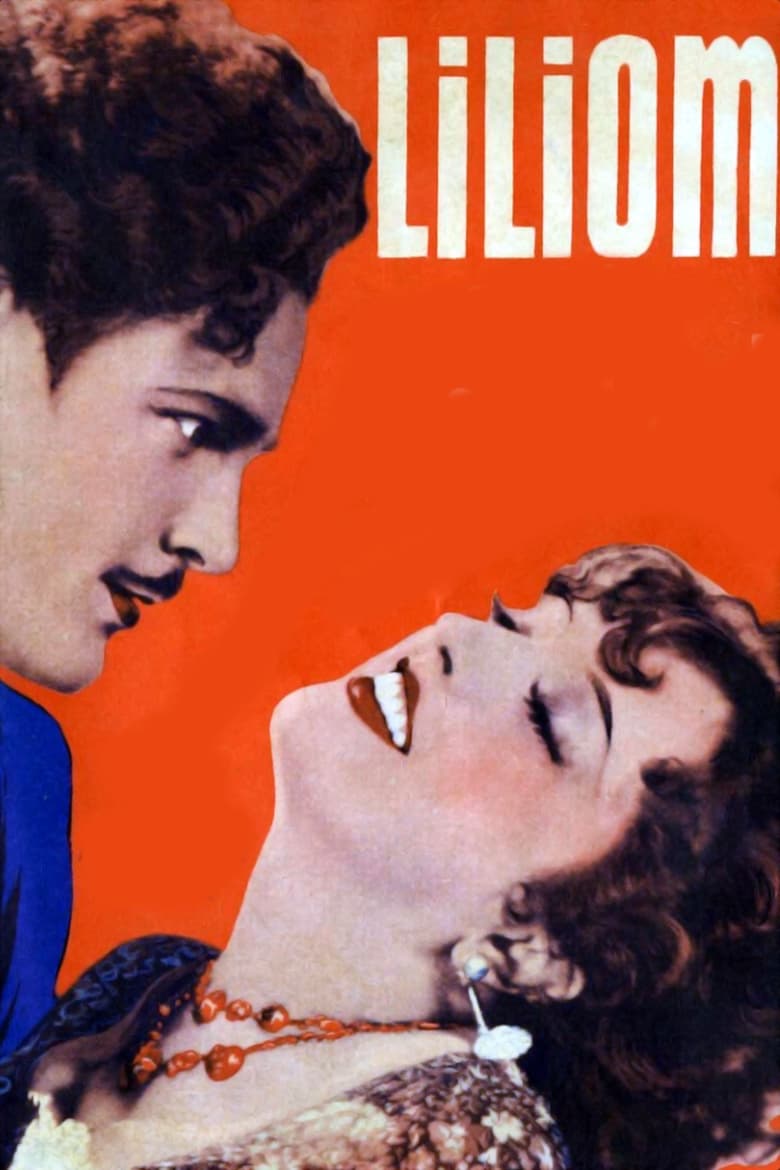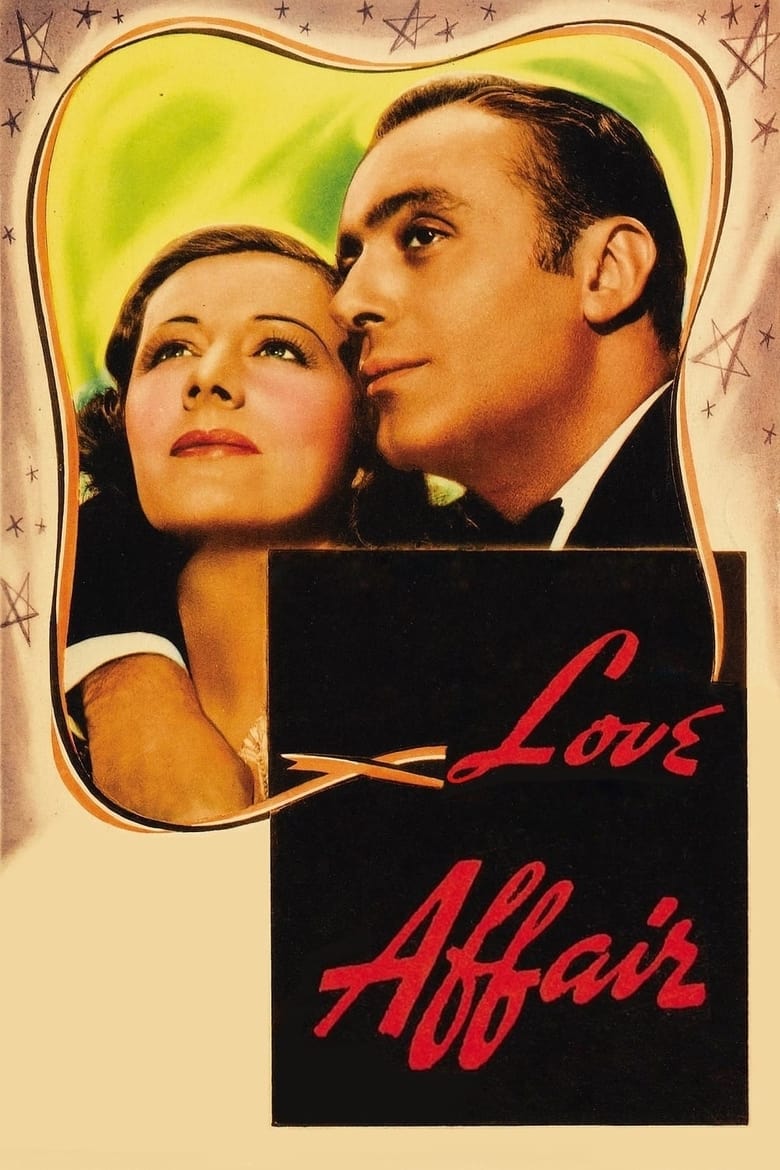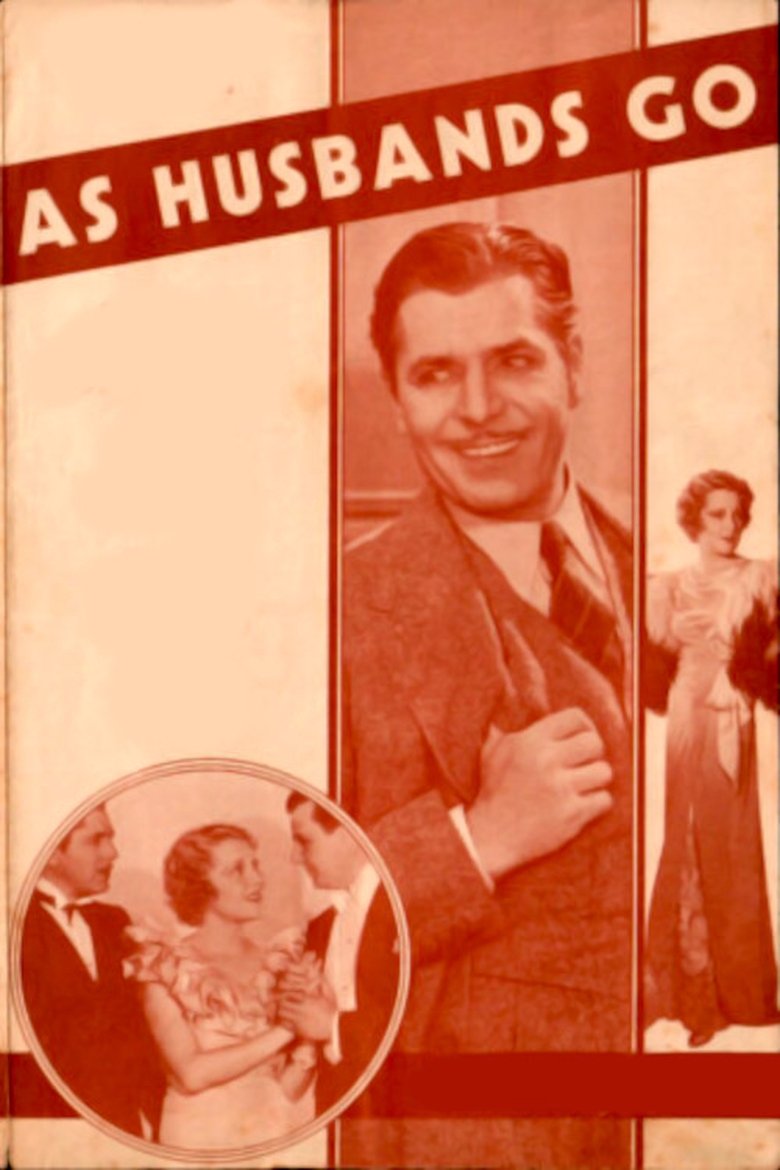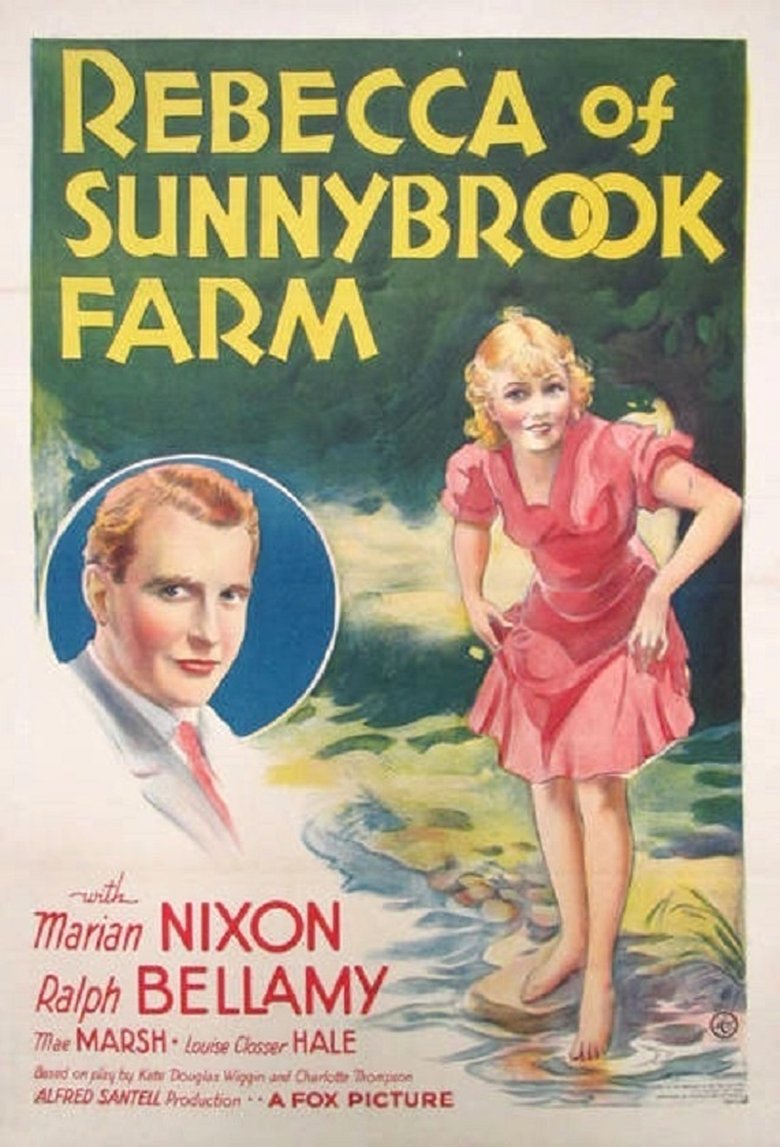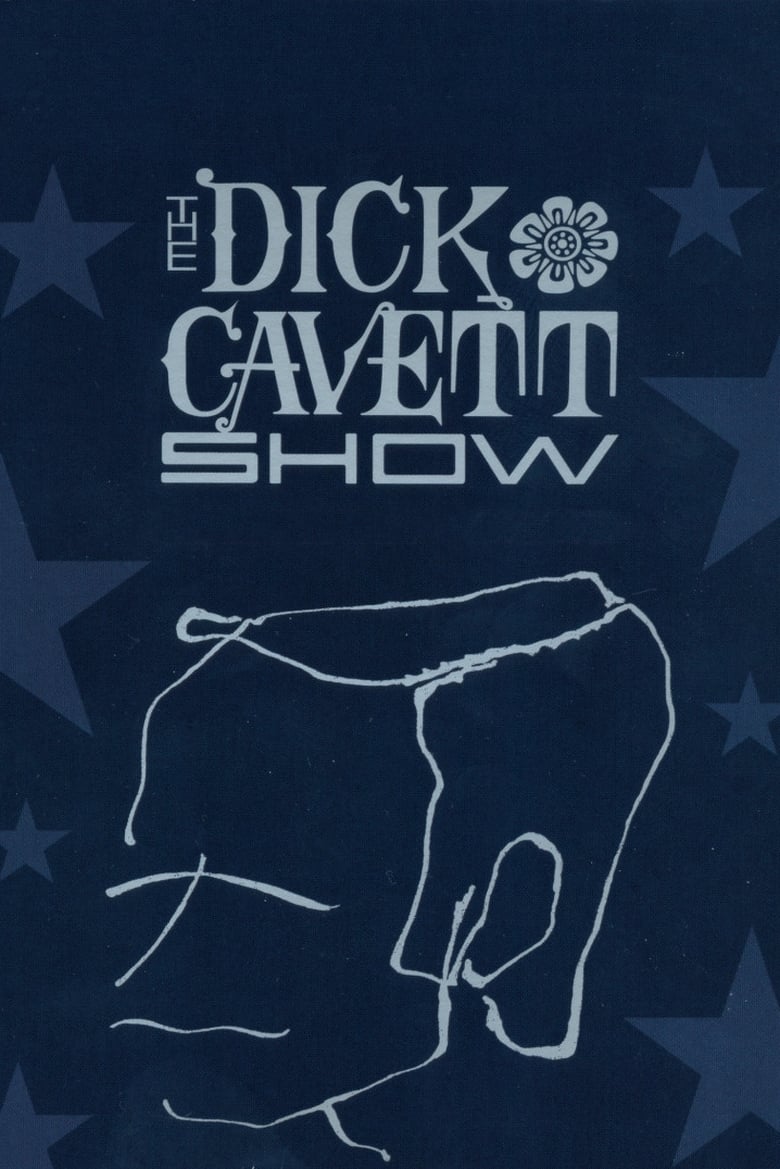Birthday:
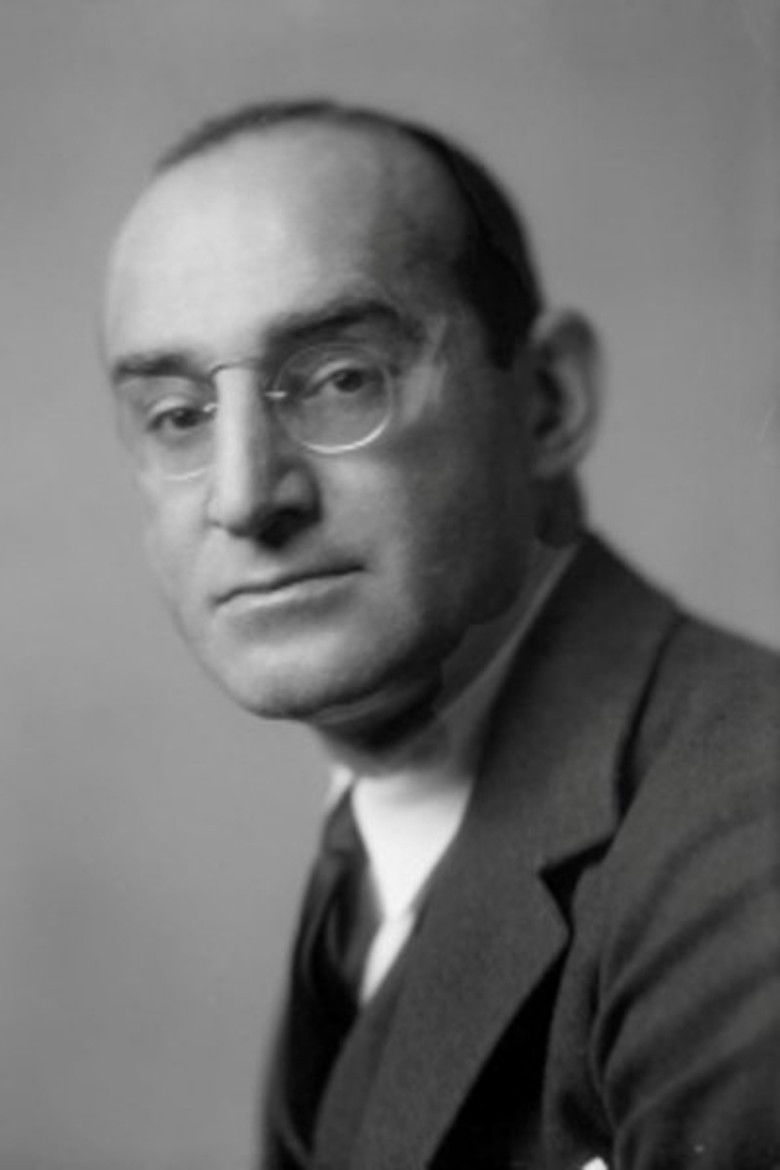
S. N. Behrman
From Wikipedia, the free encyclopedia Samuel Nathaniel Behrman (June 9, 1893 – September 9, 1973) was an American playwright, screenwriter, biographer, and longtime writer for The New Yorker. His son is the composer David Behrman. Behrman's family immigrated from what is now Lithuania to the United States, where Samuel Nathaniel Behrman was born, the youngest of three sons, in a tenement in Worcester, Massachusetts in 1893. From the late 1920s through the 1940s, S. N. Behrman was considered one of Broadway's leading authors of "high comedy," was often produced by the famous Theatre Guild, and wrote for such stars as Ina Claire, Katharine Cornell, Jane Cowl, and the acting team of Alfred Lunt and Lynn Fontanne, who became his good friends. In Hollywood, Behrman enjoyed a lucrative second career as a screenwriter. He wrote screenplays for Greta Garbo, including Queen Christina, Conquest, and her final film, Two-Faced Woman. With Sonya Levien, he co-wrote the screen play for the 1930 film version of Ferenc Molnár's Liliom, starring Charles Farrell and Rose Hobart. His experiences in Hollywood found dramatic form in the play Let Me Hear the Melody (1951), a failure that closed in pre-Broadway tryouts. He also collaborated on the screenplays for Anna Karenina (1935), A Tale of Two Cities (1935), and Waterloo Bridge (1940). S. N. Behrman died in 1973 at the age of eighty. He was survived by his wife, Elza Heifetz Behrman, the sister of violinist Jascha Heifetz, whom he had married in his forties, and a son
Birthday: June 09, 1893
Death: September 09, 1973
